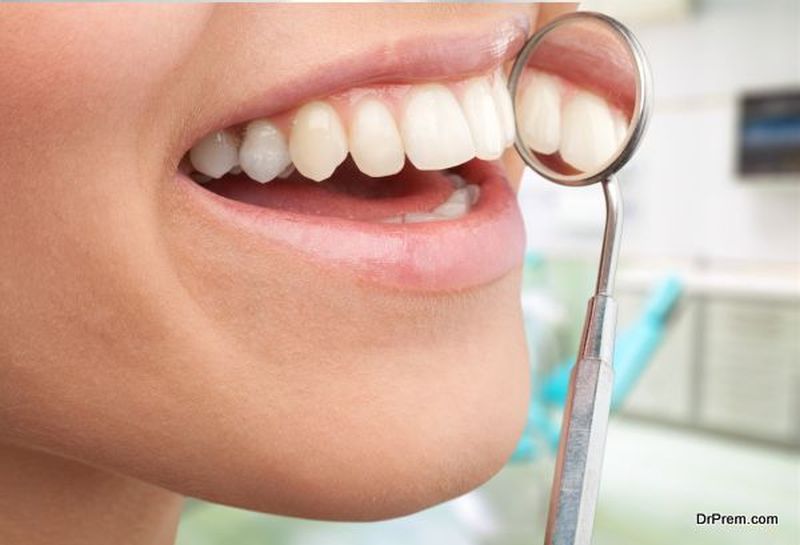Taking care of the mouth, gums and teeth has always been a priority with everyone. No one wants to suffer from tooth decay or gum related diseases. But it seems like there is much more to it. Some of the recent theories indicate that dental floss and heart health could be interconnected. They are heterogeneous on the subject of the connection between oral hygiene and cardiovascular diseases but let’s have a closer look.
How oral health affects the heart
An infection of the tissues surrounding the gum region is known medically as periodontal disease. The consideration given to a periodontal disease is minimal since its most major cause is tooth loss. However, studies have found that periodontal disease can affect overall health and in time may even increase the risk for heart disease and stroke.
How can it be so fatal?
The bacteria that causes periodontal issues releases certain toxins into the bloodstream. These toxins help form fatty plaques in the artery. It’s the body’s natural response to an infection is inflammation- inflammation of the gums surrounding the teeth. This inflammatory substance (plaque) seems to impact the heart and cause other chronic conditions. A correlation between heart diseases through oral health cannot be proved simply by the release of these toxins, but research suggests that there is some involvement. People with chronic heart diseases have increased thickness in the blood vessels of their neck region.
Issue of mechanism
The issue of mechanism is at the centre of the debate over whether certain oral pathogens might contribute to the onset of cardiovascular diseases. How exactly do these toxins released from the gum region in the mouth affect the functioning of heart? The Cellular Microbiology- one of the most esteemed dentition journals provides a possible answer: the oral bacterium “Porphyromonas gingivitis” attaches and invades the interior surface of the human aorta. It slowly gains entry causing the endothelial cells to send out inflammatory responses. Scientists found various elements of the inflammatory response, including the release of several signaling proteins by immune cells and the production of adhesion molecules by the endothelial cells thereby proving that the heart is affected, in some measures, by the actions taking place around the gums.
Statistics
When the statistics of heart and periodontal diseases were compared, there came some startling revelations. Researchers have found that people with periodontal issues are twice as likely to have heart diseases- a strange yet shocking find. Another research found that the potential heart disease risk for patients with periodontal disease may be even greater than for those with high cholesterol. When one looks at the statistics for some of these statements it further provokes us to understand this topic.
85 million Americans have some kind of cardiovascular disease and a staggering 200 million American adults have some form of periodontal disease. Furthermore cardiovascular diseases result in the death of more than 800,000 Americans every year with another 800,000 suffering a stroke annually.
Given the link between the two health care with flossing can not only affect oral health but also heart health.
Signs of gum diseases
There are signs and symptoms that should not be ignored: Swollen or tender gums, bleeding in the gum region while brushing or eating, loose teeth, sores and ulcers in the mouth region, red gums and persistent bad breadth.
Prevention
Heart disease through oral health is a factor that needs to be considered and addressed. Basics of dental hygiene should perhaps be even taught at schools. Dental flossing should be a requisite on a daily basis as should brushing the teeth daily. Regular dental check-ups and tooth cleaning should be put into practice. A dental hygienist treats periodontal diseases by thoroughly cleaning the gum line in a procedure known as scaling and root planning. Of course not all cardiovascular issues stem from oral hygiene. If you want to cure it then measures such as stopping smoking, regular physical exercise, and maintaining a healthy weight and diet should be your priority.
Epilogue
Although there is enough evidence that oral health has a direct impact on other major parts of the body, a correlation between something as casual as toothache and something as serious as a stroke is never made. This needs to change.





